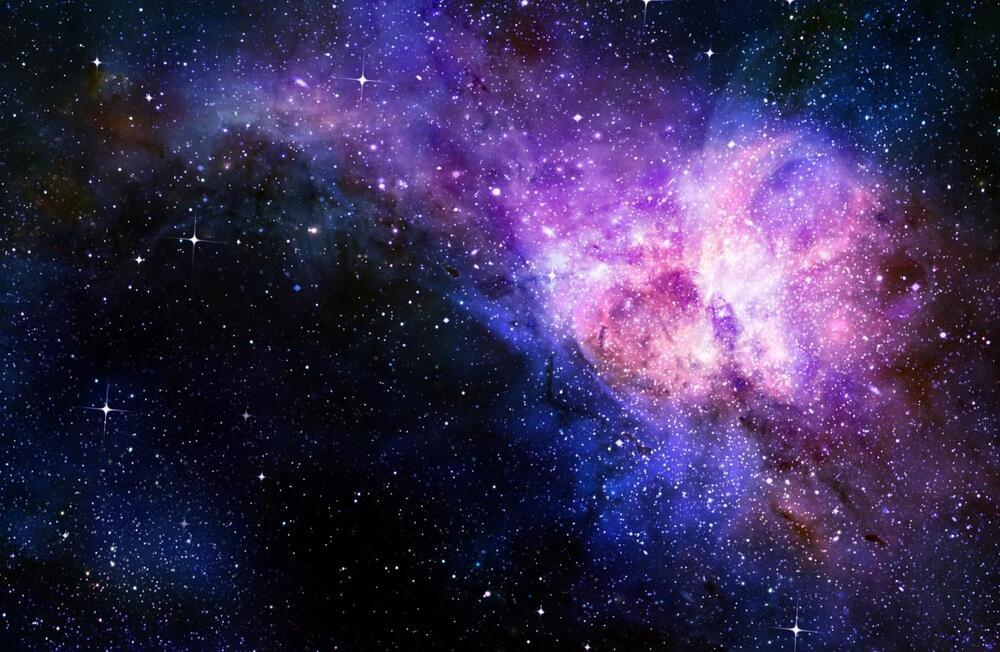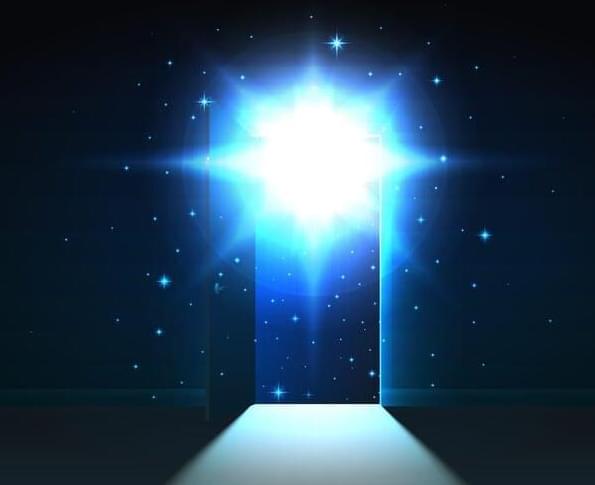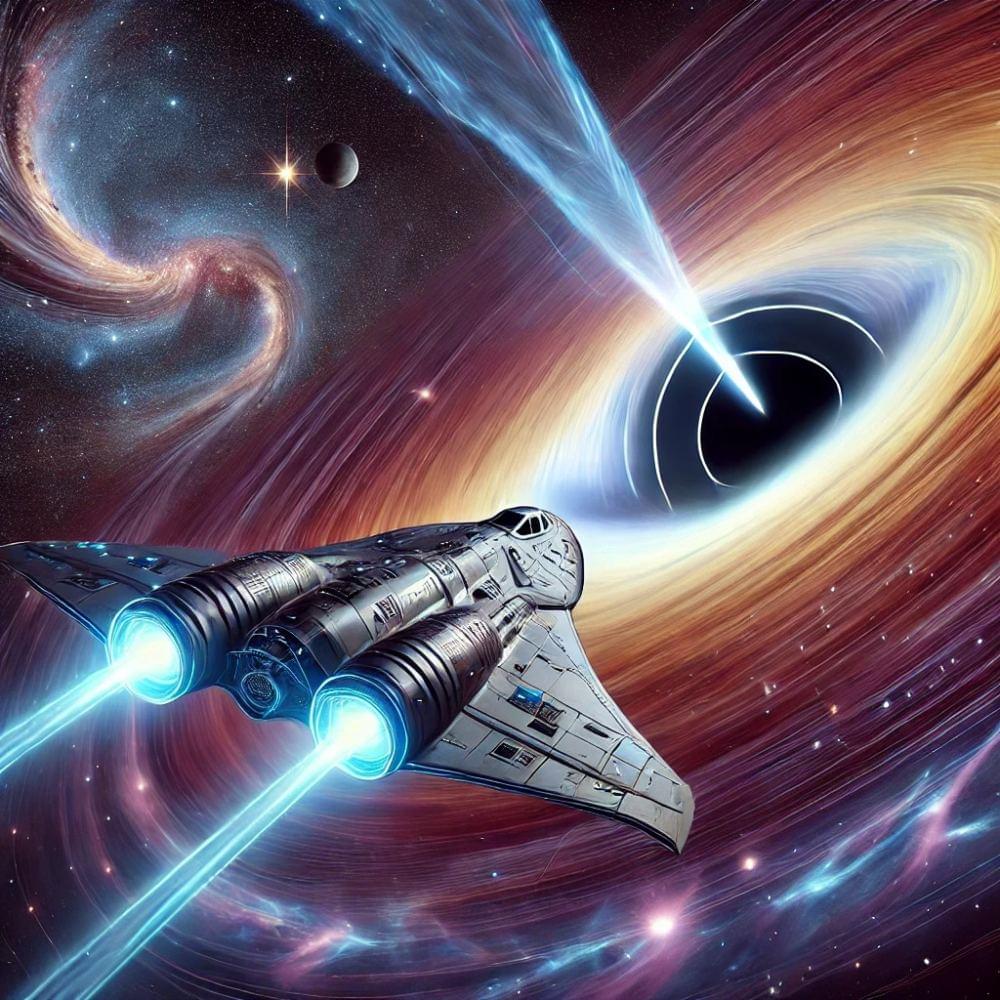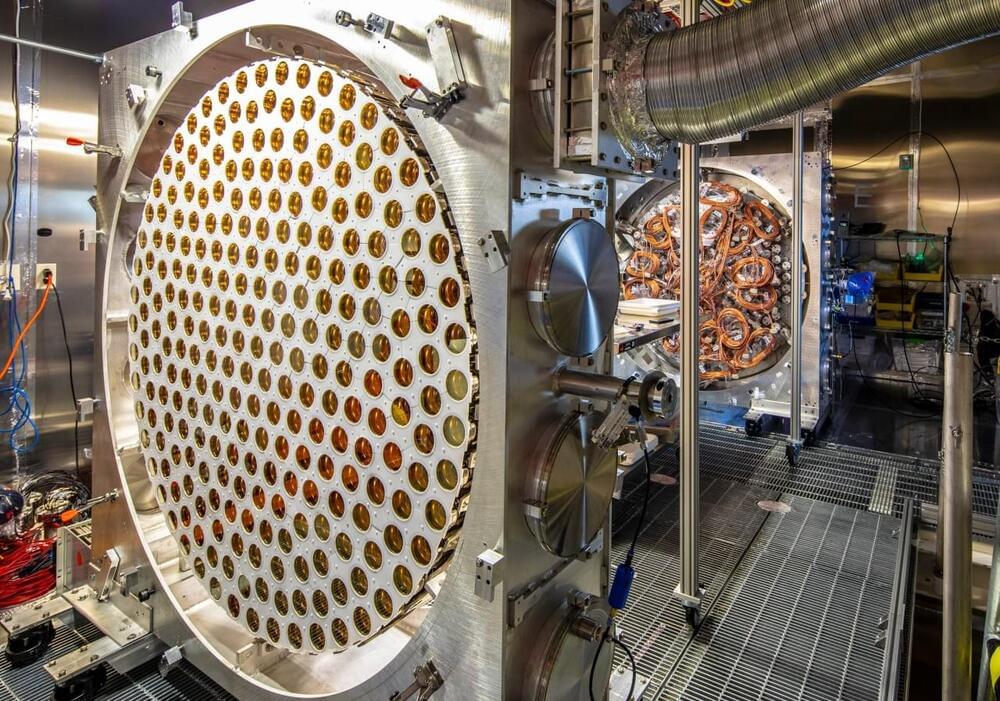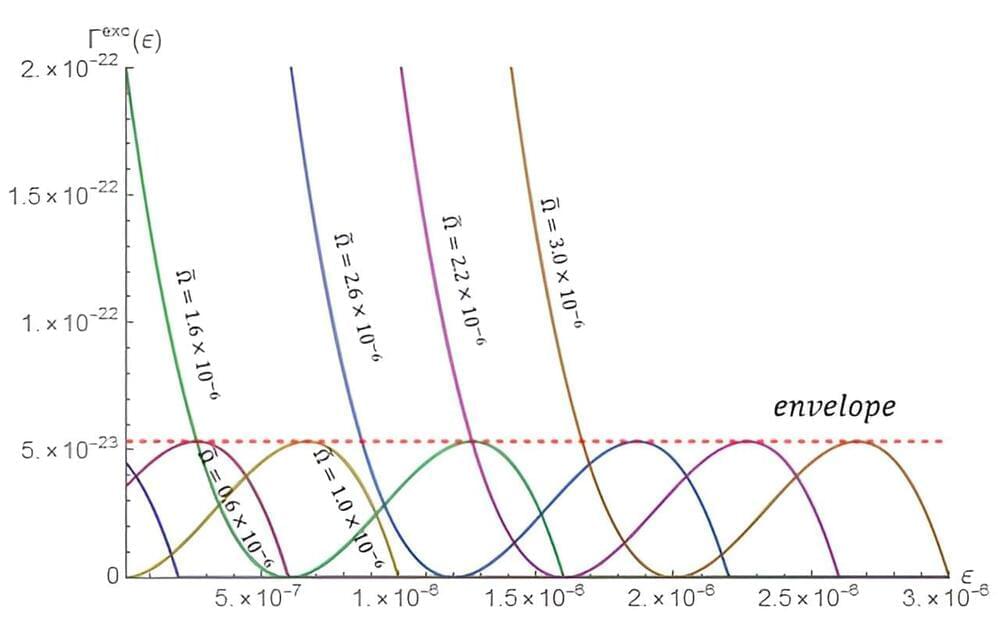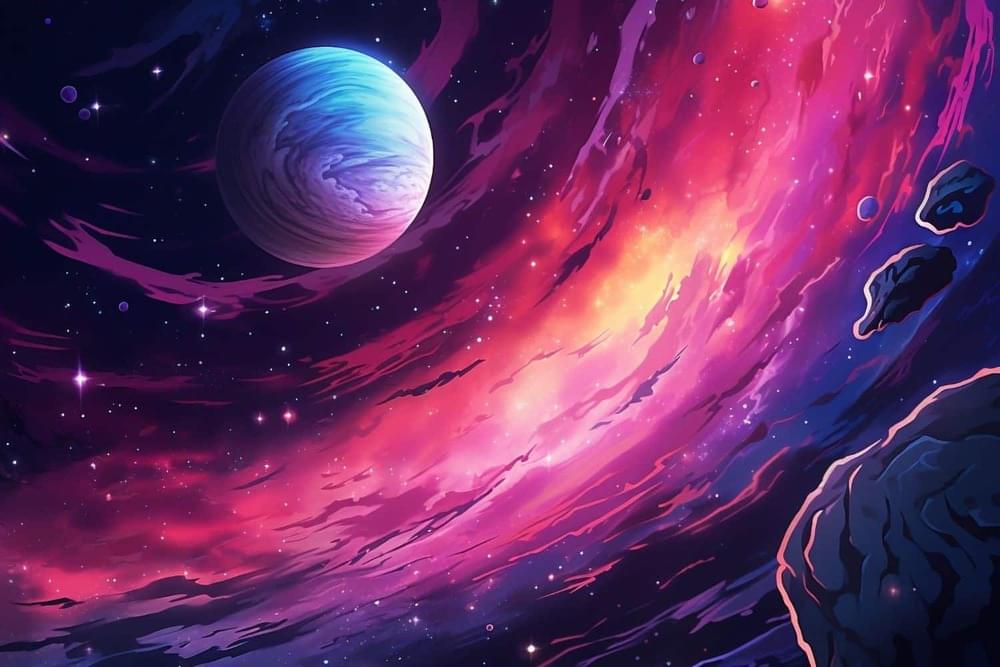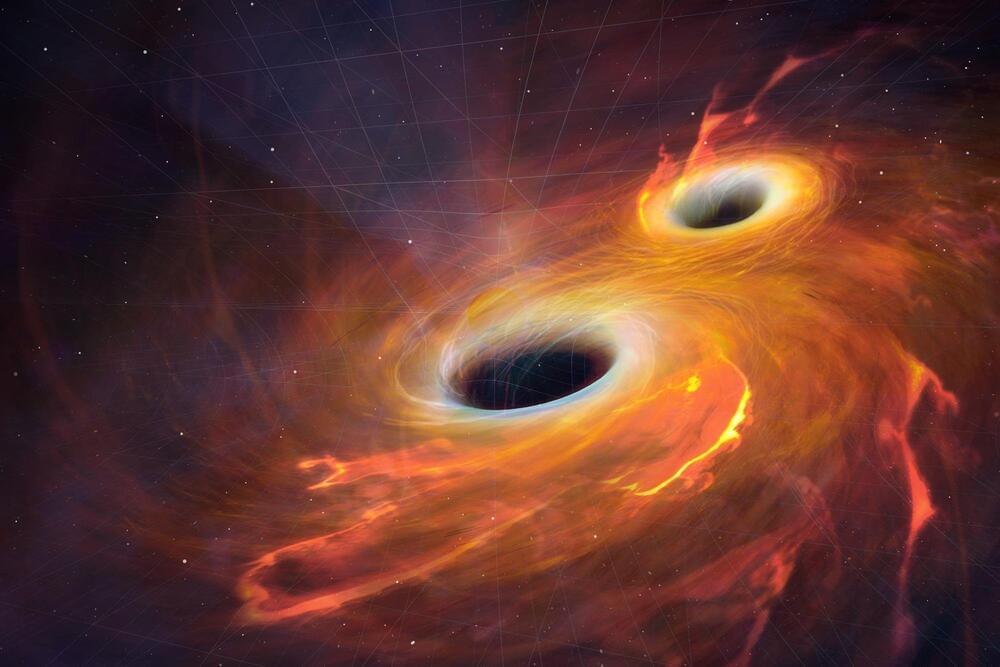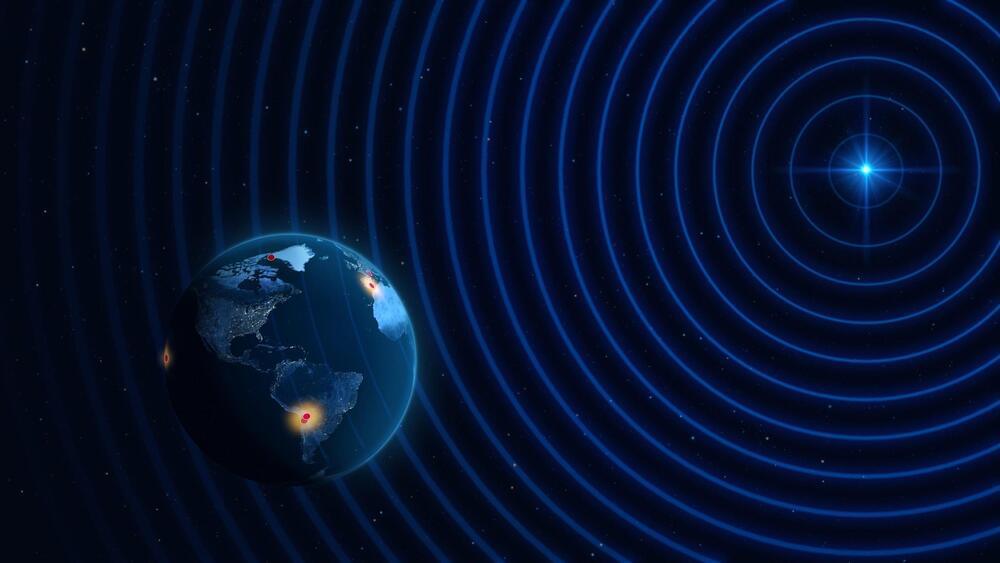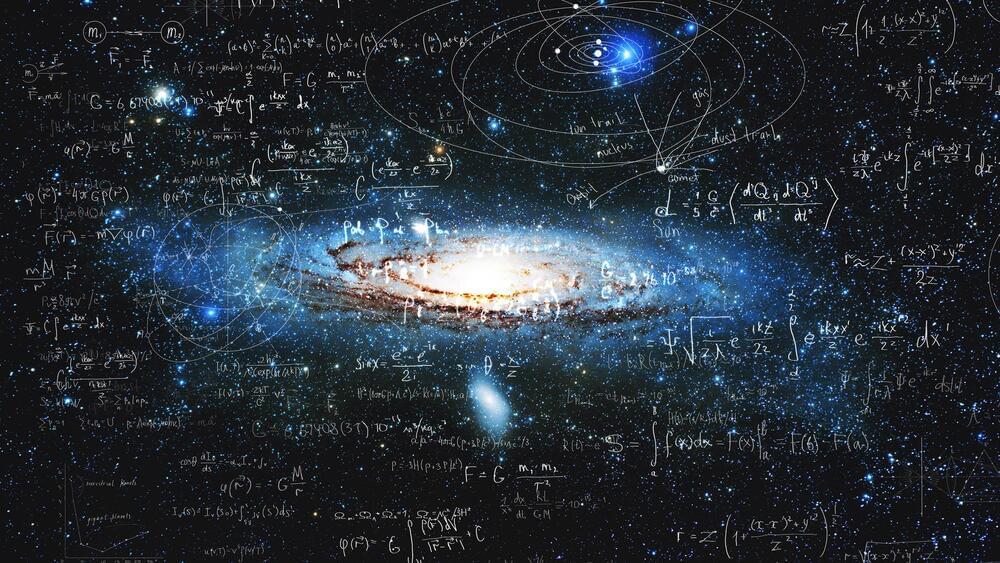Sep 1, 2024
Dark matter and dark energy may really be one “dark fluid” with negative mass
Posted by Dan Breeden in categories: cosmology, particle physics
The Standard Model of particle physics is currently our best understanding of how the universe works – but it only describes about five percent of everything in it. The rest is made up of what we call dark matter and dark energy, which are so far only known through their gravitational interactions with regular matter. Now, an astrophysicist from Oxford has put forward a new theory that suggests that dark matter and dark energy are actually part of the same phenomenon: a “dark fluid” with negative mass that fills the universe.
In a way, dark matter and dark energy are both placeholder concepts, plugging holes between the Standard Model and what we actually observe. For instance, the observed movement and distribution of galaxies doesn’t make sense if their mass is limited to the stuff we can see. Since the 1930s, this hidden extra mass has been dubbed dark matter.
Dark energy is a more recent concept. The observation that the expansion of the universe seems to be accelerating was only made in 1998, when it was discovered that more distant objects are moving away from us faster than those closer by. The mysterious force that drives this, which we still know very little about, is now referred to as dark energy.
